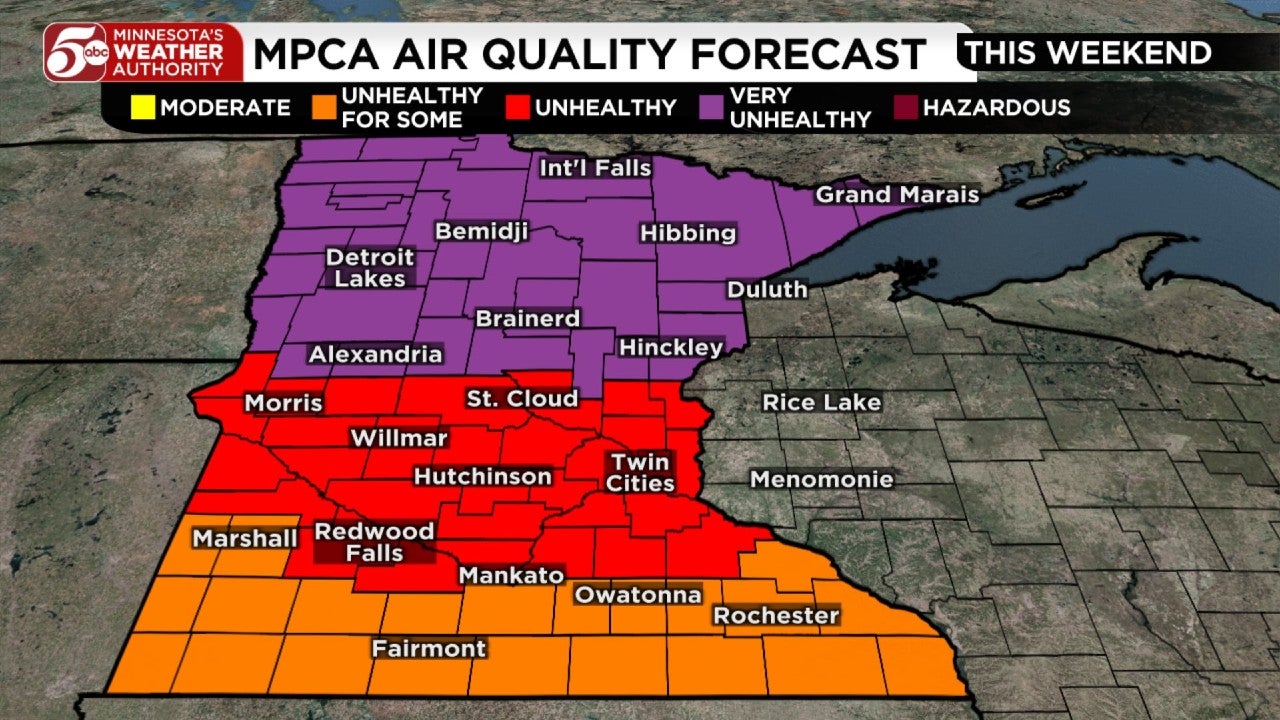Gary “Mani” Mounfield, best known as a founding member and bassist of the Stone Roses, has died aged 63. The cause of death has not been shared.
His brother Greg Mounfield posted the news on Facebook: “It is with the heaviest of hearts that I have to announce the sad passing of my brother.” His nephew also shared the news.
His Roses bandmate Ian Brown posted on X: “Rest in peace Mani”. Tim Burgess of the Charlatans called him “one of the absolute best in every way – such a beautiful friend”. Rowetta of the Happy Mondays was also among those to pay tribute.
Liam Gallagher wrote on X: “In total shock and absolutely devastated on hearing the news about Mani my hero”. Rough Trade Records also called him “the perfect example of how a bassist can be the beating heart of a band”.
Mani had recently announced an extensive speaking tour of the UK, spanning September 2026 to June 2027, in which he promised to look back on pivotal career moments such as the Stone Roses’ 1990 gig at Spike Island and their comeback tour in 2011.
In 2023, his wife, Imelda, died from cancer.
Mani with Ian Brown in the Stone Roses in 1989. Photograph: Goedefroit Music/Getty Images
Mani was born on 16 November 1962 in Crumpsall. He attended Xaverian college in Rusholme and left school age 16. He later said he befriended Brown when they went to deal with “some National Front skinheads in north Manchester who’d been shakin’ a lot of me mates up”, he told i-D magazine in 1996. “We’ve been mates ever since.”
Mani formed the band the Fireside Chaps with John Squire and Andy Couzens in Greater Manchester in the early 80s. After several name and lineup changes, including taking on Brown as frontman, they became the Stone Roses and played their first official gig in October 1984.
Mani had been a guitar player until the Fireside Chaps became the Waterfront. “I found it more rewarding playing the bass guitar than playing rhythm,” he said in 2000. He became synonymous with the Rickenbacker. “I’ve always been into good old northern soul and funk grooves and it was like, ‘This is it’.”
They quickly blew up locally, but national success took longer. It wasn’t until the late 80s that labels started to take notice; meanwhile on the ground at home, the young Liam and Noel Gallagher both saw them live and were inspired to form bands.
Mani later said that being in the Roses probably saved his life, as he watched a number of friends – 17 of them, he told i-D magazine – die of heroin addiction.
Produced by John Leckie, their 1989 self-titled debut steadily became one of the key fixtures of the Madchester movement, synthesising indie music with rave culture, its grooves led by Mani and drummer Alan “Reni” Wren. In 1991, then-NME critic Mary Anne Hobbs called it “the most fluent crossover album of the last decade”.
In 2009, to mark a 20th anniversary reissue of the record, Mani called it “a classic album that is still relevant to the kids of today deserves its recognition eventually. Twenty years on and it is still fresh and stands out amid a torrent of mediocrity, career oriented, dull as dishwater, safe, unimaginative music that dares to challenge for our crown.
“We were light years ahead of our time, and the Stone Roses album will always remain light years ahead of the new so called supergroups. Read ’em and weep guys, you all know who you are!!!! Back to school with you and try harder. Listen and learn from the masters.”
Mani with Bobby Gillespie and Primal Scream at Reading festival. Photograph: Hayley Madden/Redferns
In 1990, the Roses played a calamitous gig at Spike Island in Widnes to 27,000 people. It took four years for them to produce a second album, Second Coming – perhaps the epitome of the so-called difficult second album – which met with a mixed reception. “Anything other than a stone cold classic that sounded like it had been beamed in from another plane was going to be a jarring anticlimax,” wrote John Harris in NME.
In 2000, Mani said that he felt people wrote off the record prematurely. “I think they wanted something that we’d done before but we were never about to do another Herman’s Hermits album like the first one and be lovable mop-tops,” he said. “We’d grown hair on our balls and learned to play a bit better and we were always going to do something a little bit different.”
The group dissolved in 1996. Mani then joined Primal Scream as bassist, prompting a revival of the group’s creative fortunes. In 2006, he compared life in the two bands in an interview with Uncut magazine: “The Primals is more of a democracy, whereas with the Stone Roses we were more looking over our shoulder seeing if Ian and John [Squire] were pleased. Because they were writing the songs and being touted as the Lennon-McCartney, Jagger-Richards kind of thing. For me now there’s a lot more freedom. Primal Scream are as good at bullshit detection as the Stone Roses ever were.”
He remained a member of Primal Scream until the Roses reformed from 2011 to 2017. In addition to touring and festival performances, they released two new songs, All for One and Beautiful Thing.
He was also a member of the bassist supergroup Freebass alongside the Smiths’ Andy Rourke and New Order’s Peter Hook, with singer Gary Briggs of Haven.
Mani supported Manchester United, and in later life espoused a love of fishing – as well as going to the pub afterwards. He is survived by his twin sons, Gene Clarke and George Christopher, 12.
In the same Uncut interview, he reflected on his unlikely success. Despite the Roses splitting, he said, “I never can see it as a failed mission – fucking hell, I’m from north Manchester, not the best part of town, and I’ve been around the world two or three times playing music. I’m still comfortable, I’ve got a house. I could have ended up dealing crack or stealing cars or robbing houses, like a lot of my friends. Or dead.”









